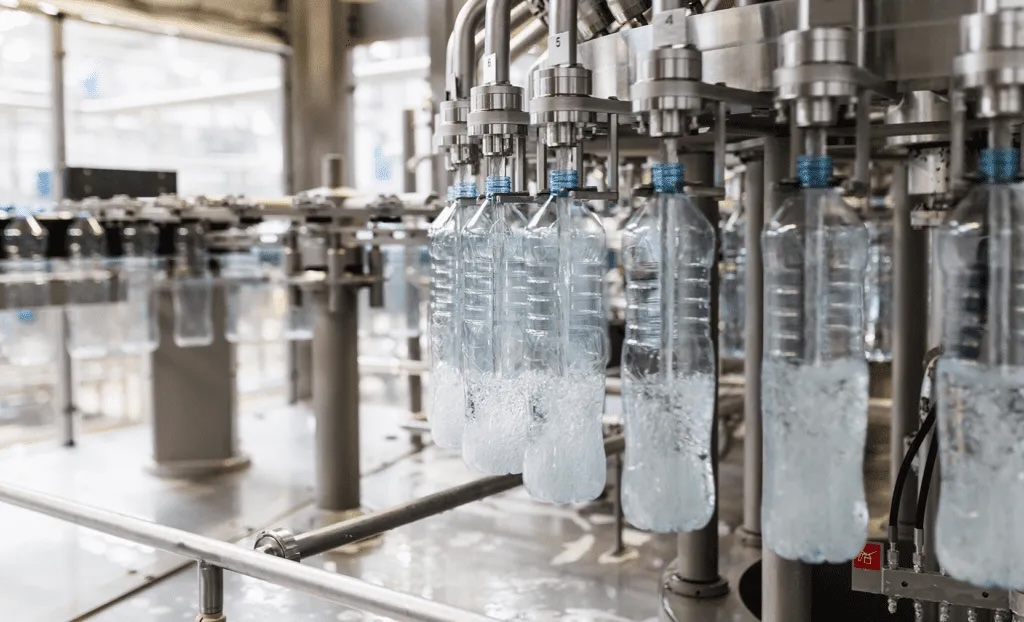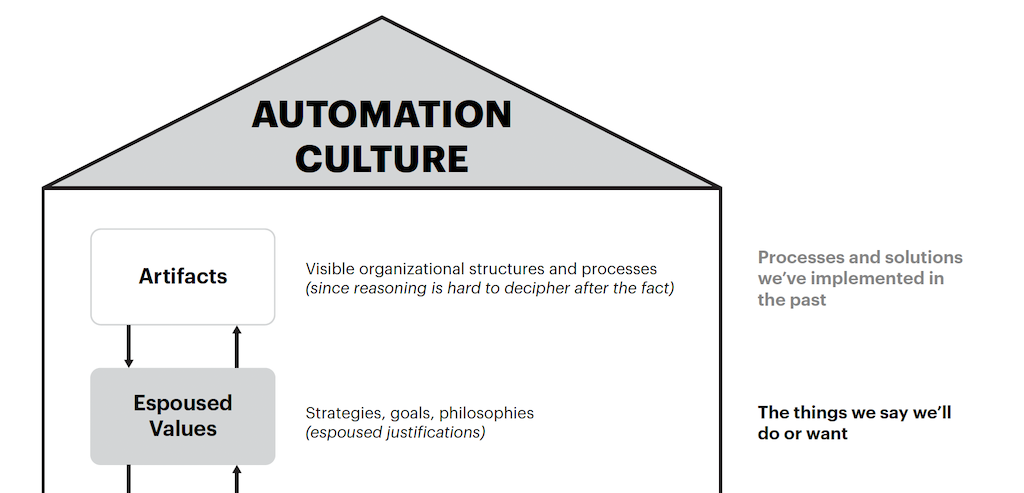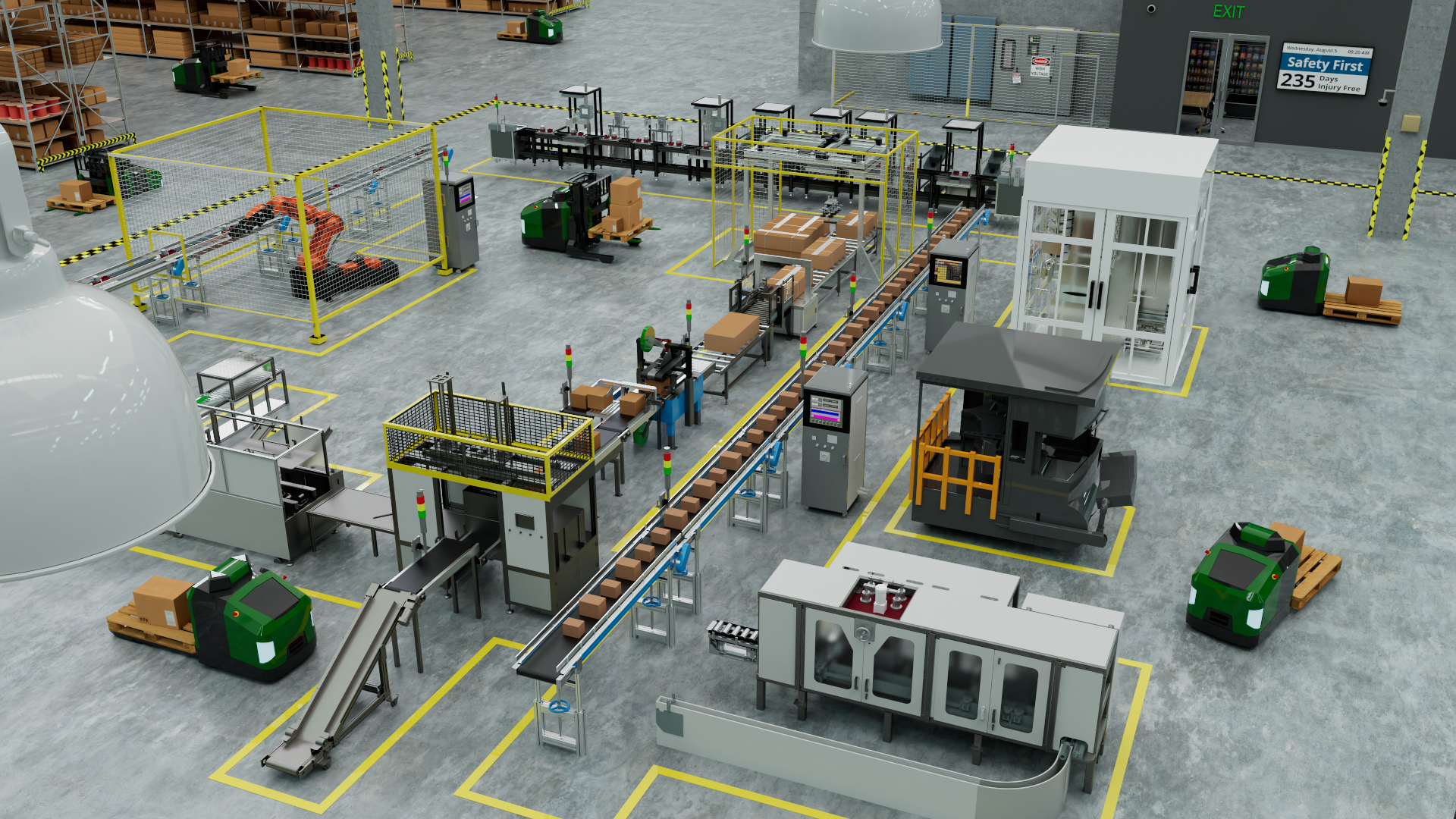In an upcoming April 16 webcast, Scott Meldeau from Norgren examines the benefits for improving automation in the food and beverage industry.

Like many industries, the food and beverage industry is embracing automation and its ability to make operations more efficient and safer. However, mastering automation is more than adding a few bells and whistles to an operation. It requires sophisticated and thorough strategies that go beyond the fundamentals and amplifies quality, efficiency and output.
On April 16, Scott Meldeau, vice president of strategic growth, for Norgren, discusses these strategies in the webcast “How to Master Automation: Top Strategies in the Food Processing Industry.”
Meldeau will navigate crucial themes such as labor dynamics and workforce availability, unraveling their pivotal roles in automating the food industry. Meldeau also explores the role of robotics in multi-axis environments and shows how they can improve efficiency and output.
Click here to register for the webcast.
Meldeau also emphasizes the importance of safety and the need for compliance. He describes several ways to reduce risk and stay in compliance with the right products and tools. He also explains how better safety improves efficiency and operations. There also will be video examples to provide real-time examples of how these tactics and strategies are helping food and beverage companies improve their efficiency and bottom line.
- Effectively manage key performance indicators (KPIs) through automation, offering enhanced supply chain visibility and fostering flexibility, all while minimizing waste.
- Understand how automation safeguards the workforce by eliminating repetitive motion tasks, addresses hazardous duties on production lines and reduces maintenance costs.
- Improve product quality with a focus on cleanliness, stainless steel components, safety valves and heightened traceability.
- Explore the flexibility that automation brings, seamlessly adapting to industry demands and adjusting speeds through programmable platforms.



